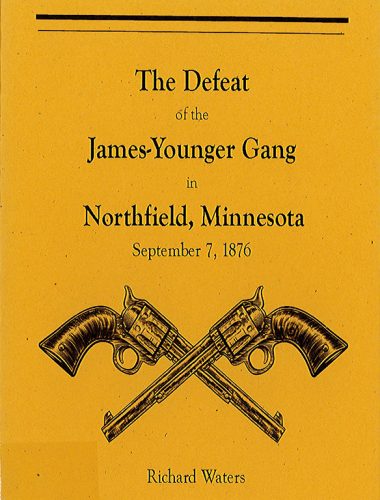Reveiwed by Kalin Heidgerken-Greene

Come for lurid visions of well-deserved damnation and stay for a rich, multi-subject masterpiece! Dante’s Divine Comedy was completed in 1320 in Italian and covers his wildly imaginative trip through the afterlife. Inferno (Hell) weaves Classical mythology into Christian theology, critiquing the transformation and modernization of European culture. As the compelling source of our visions of a fiery hell with whip-wielding demons, you cannot escape Dantean visions of torment today. Purgatorio ethically teaches how to reform compulsively imperfect people, while also offering an astute (for the time) scientific exploration of astronomical phenomena around a spherical Earth. Paradiso (Heaven) offers nuanced local history of Medieval Italy inside of a moral narrative that resolves perennial paradoxes like how a loving God seemingly permits human vices, cruelty, and pain. Daring in judging himself and his contemporaries, Dante challenges readers to adopt the courage to live conscientiously. Before you settle on a translation, check the Endnotes. You will need good notes to enjoy the text fully because the work is based on nearly forgotten cultural common knowledge, written in verse and contains riddles. Whether read as a detailed fantasy or as a comprehensive treatise of Medieval knowledge, this classic is worth the time and effort.










